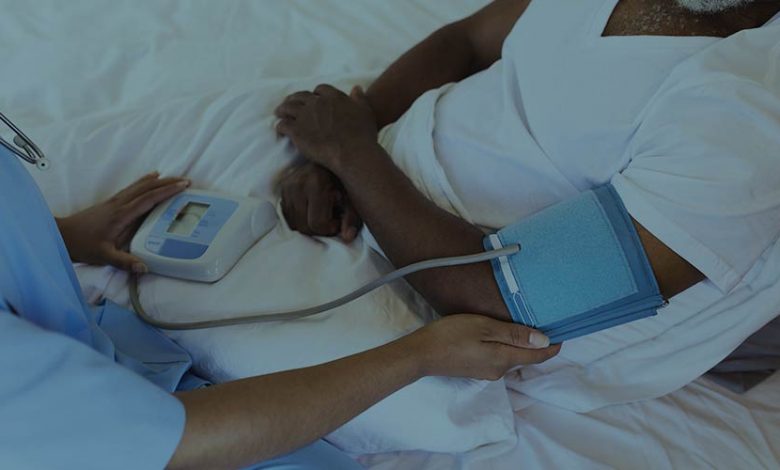WEJULI MIKE: Importance of health check ups
Early check-ups can detect these diseases in their early stages, when they are more treatable.

By Mike Wejuli
Health check-ups are an integral pillar of maintaining good health. Many diseases develop gradually, without prominent symptoms in their early stages.
This asymptomatic phase can last for months or even years, making it difficult to detect without medical screening. Regular health check-ups can help identify these hidden health issues before they become severe.
The silent onset of disease is a common phenomenon. For instance, hypertension (high blood pressure) often presents no noticeable symptoms until it causes significant damage to organs like the heart, kidneys, or brain.
Diabetes may only be discovered when complications arise, such as nerve damage, vision problems, or kidney disease. Certain cancers, like pancreatic or ovarian cancer, may not exhibit obvious symptoms until they reach an advanced stage. Early check-ups can detect these diseases in their early stages, when they are more treatable.
The roles of early check-ups include:
- Detection and treatment of hidden health issues
- Prevention of complications and organ damage
- Improved management of chronic conditions
- Enhanced health awareness and education
- Fostered relationships between healthcare providers and patients
- Reduced healthcare costs in the long run
Regular health check-ups offer numerous benefits. Firstly, they enable early detection and treatment of hidden health issues. This prevents complications and organ damage, improving overall health outcomes.
Secondly, health check-ups provide an opportunity for health professionals to offer guidance on healthy lifestyle choices, such as diet, exercise, and stress management.
Thirdly, they facilitate the early identification and management of chronic conditions, such as hypertension, diabetes, and asthma.
Fourthly, health check-ups promote health awareness and education, empowering individuals to take charge of their well-being.
Fifthly, they foster a relationship between healthcare providers and patients, ensuring continuity of care. Lastly, early check-ups reduce healthcare costs in the long run by preventing costly complications.
ALSO READ: SMEs advised to do due diligence before applying for credit funding
By prioritizing health check-ups, individuals can enjoy better health outcomes, improved quality of life, and reduced healthcare costs. It is essential to recognize that health check-ups are not only necessary for individuals with visible symptoms but also for those who seem healthy. Don’t wait until symptoms appear or worsen; take proactive control of your health by scheduling regular check-ups with your healthcare provider.
In conclusion, health check-ups are vital for maintaining good health, detecting hidden health issues, and preventing complications. By understanding the importance of early check-ups and their roles, individuals can take charge of their well-being and enjoy a healthier, happier life. Remember, prevention and early detection are the keys to a longer, healthier life.
Wejuli Junior Mike a Researcher Makerere University School of Public Health







